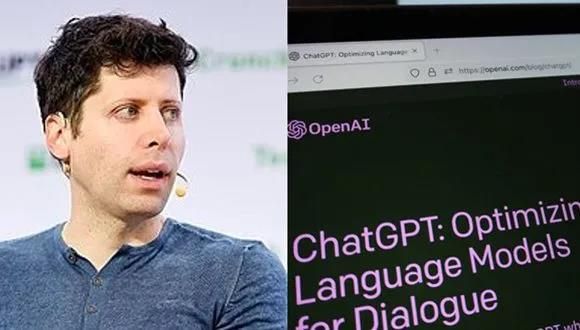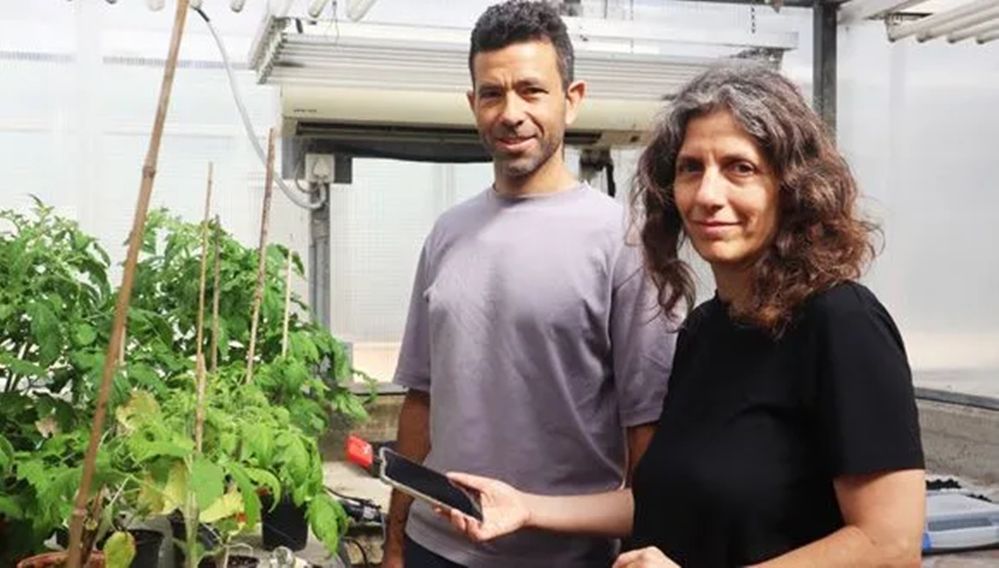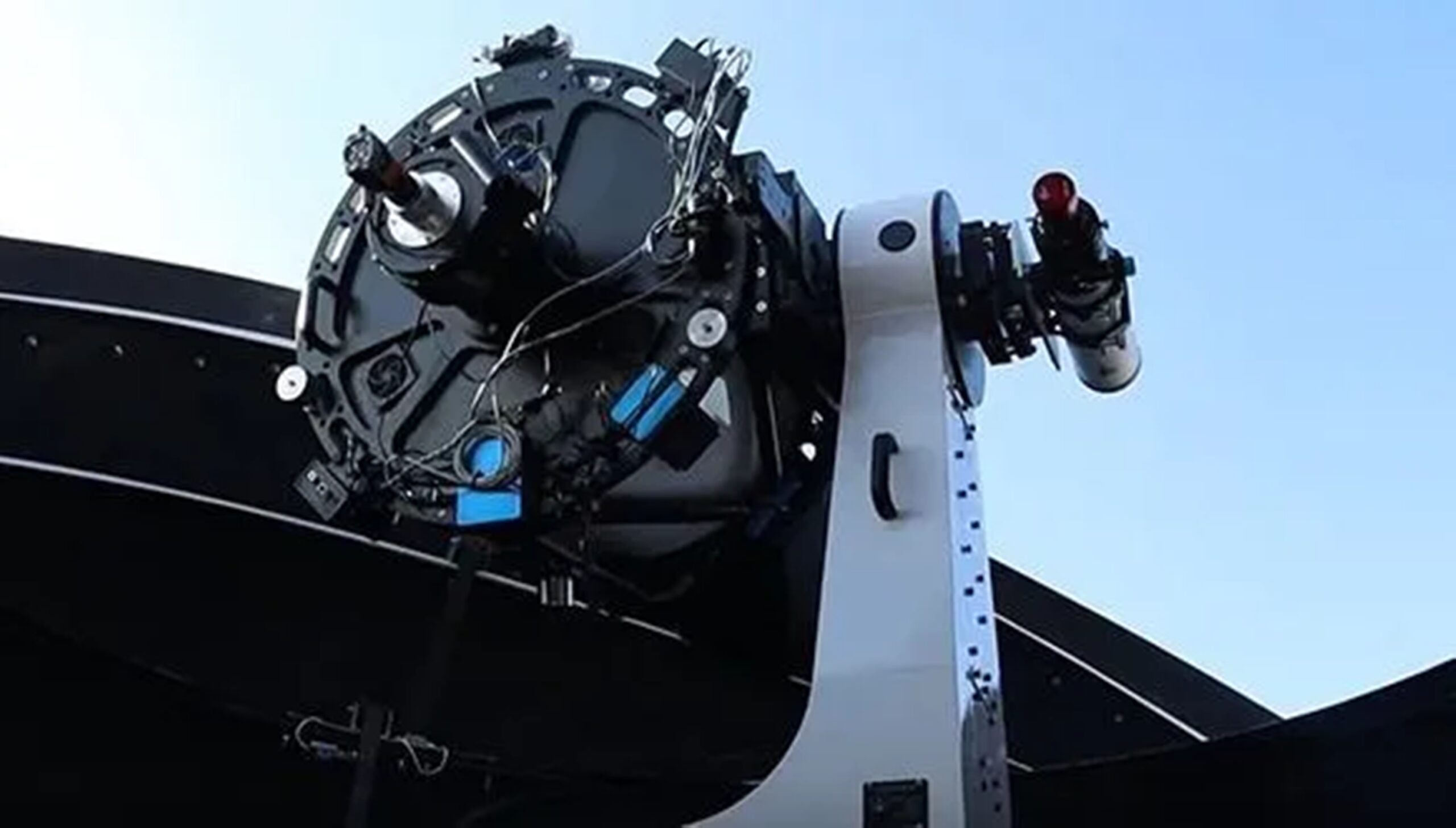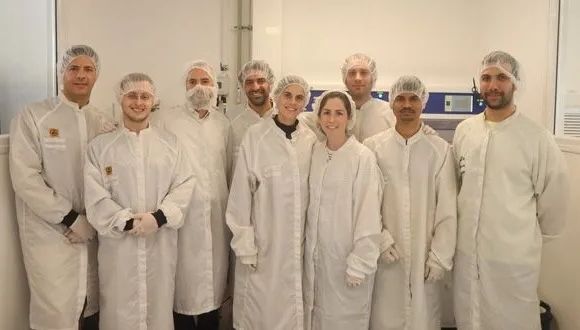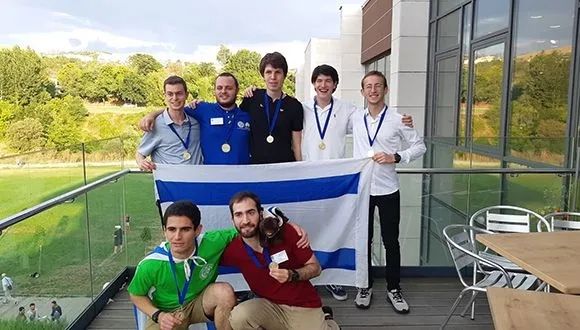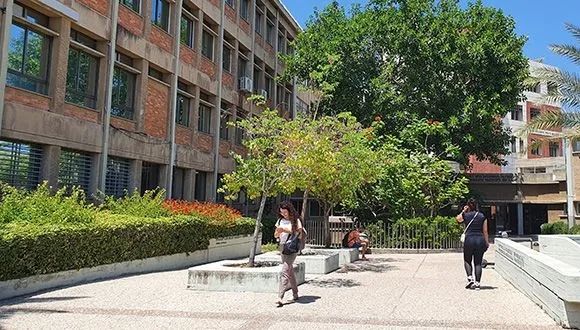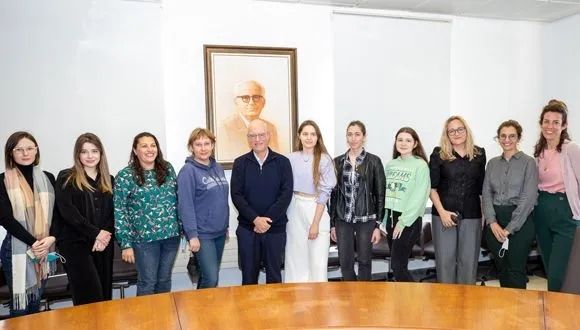Tel Aviv University Researcher Heads a Committee in Charge of the Future of the European Science
CERN Council unanimously decided to update its scientific strategy – according to the recommendation of a committee headed by Prof. Halina Abramowicz
After two years of prolonged discussions of physicists from across Europe and outside the continent, the European Organization for Nuclear Research (CERN) decided lately to update its strategy, according to the recommendation of the European Strategy for Particle Physics Update Committee (EPPSU) – headed by Prof. Halina Abramowicz from Tel Aviv University.
Prof. Halina Abramowicz: “As the head of the committee I had to coordinate the effort in its whole. At the beginning of our work at the committee, we clarified the needs of the particle physicist’s scientific community in each country, and afterwards we conducted an international analysis of the proposals’ quality. After two years of discussions, the European scientific community reached an agreement. Fortunately, CERN Council decided to endorse the committee’s recommendations. Those are heavy financial and political decisions that are made once in a decade, and it’s not every day that Israel finds itself heading a policy-outlining committee.”
The committee headed by Prof. Abramowicz set, in effect, the CERN strategy for the fourth decade of the 21st century, after the Large Hadron Collider (LHC) research program, world’s largest particle collider, would end. The committee decided that the European particle physics’ main goal would be an electron-positron collider which will be a “power house” for the Higgs Boson particle that was discovered for the first time at the LHC. It would be followed by a new, 62-mile-long, proton-proton collider that was proposed and which is expected to surpass the energy production records of the LHC. Its cost is estimated at 25 billion dollars.
The Higgs Boson particle was discovered at the LHC in 2012 and caused a revolution in particle physics. Not only is the Higgs Boson the last missing part in the standard particle model, but it also was proven to be completely different from any other particle previously measured. The research regarding the Higgs Boson is just taking its first steps, but the particle properties, such as its light weight, already raise profound questions that the standard model cannot explain. It is very hard to accurately measure the particle, also known as the god particle, and hopefully, the new approach, recommended by Prof. Abramowicz’s committee, will allow more accurate measurements of the Higgs Boson, thus paving the way for new insights about the basic fabric of the universe.
“We are trying to understand how the universe started and what it’s made of – this is basic science,” explains Prof. Abramowicz. “But, in order to understand this we need technological advances and developments, some of which are being implemented afterwards in other fields as well. For example, the PET CT, a medical tomography test used worldwide at medical centers, was developed due to projects similar to the LHC, as well as several significant developments in Big Data processing in the Cloud Computing field. In order to examine the feasibility of the new collider, CERN works these days on developing world first magnets which will use high temperature super conductors – a development which can cause a revolution in transportation, with floating magnet trains, and those are just a few examples. We don’t know which doors would be opened to us with this new challenge that the committee made CERN face – both in basic science and in collaboration with the industry, which will be needed to build the collider.”
To achieve the ambitious ESPPU goals, particle physicists are being called to execute vigorous research and development programs (R&D) of advanced collider technologies, particularly regarding high level and high temperature super conductors. In addition, the roadmap includes R&D of plasma wakefield acceleration, as well as an international research with the option of realising a muon collider and R&D of advanced detectors.
“Israel joined CERN as a full member in 2014, and is the first and only non-European country to join,” says Prof. Abramowicz, who takes part in the “ATLAS” experiment at the LHC. “It’s our national lab. Researchers from Tel Aviv University, the Ben-Gurion University, the Hebrew University, Technion – Israel Institute of Technology, and Weizmann Institute are senior partners running experiments at the LHC. Therefore, recommendations made by the EPPSU committee are important not only to science but also to our scientific community, technology, economy and our society. ”
Featured image: Prof. Halina Abramowicz
Related posts
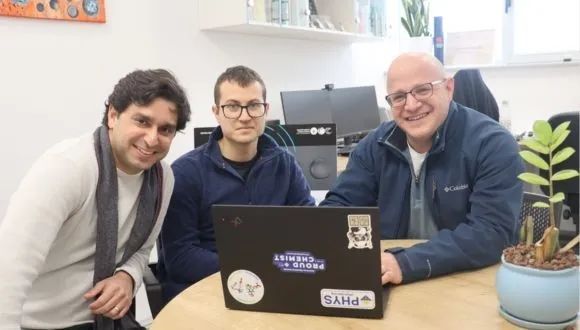
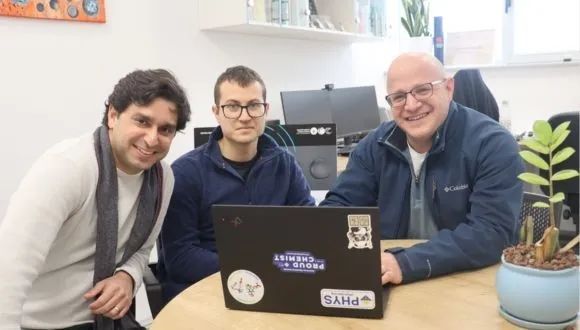

New Findings About the Early Universe 50 Million Years After the Big Bang
